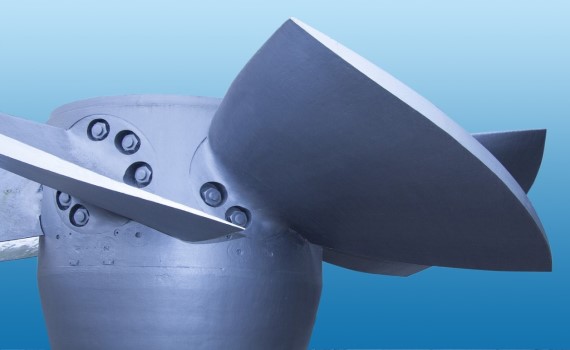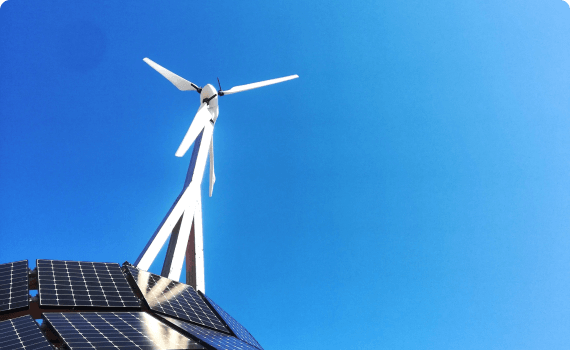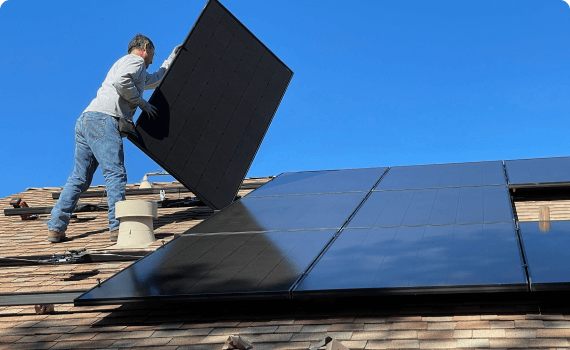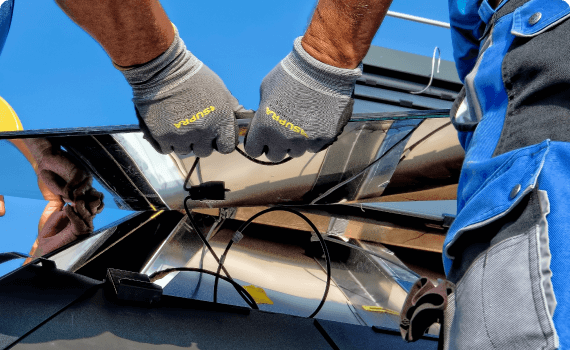Our Latest Projects

River Turbines
Wind and solar energy sources are typically utilized only to 12% to 35% of their capacity, necessitating oversized installations and storage systems to accumulate energy when produced. However, one overlooked but regular and predictable energy source is rivers. Among all renewable off-grid solutions, rivers stand out as a predictable and reliable source of energy, available 24 hours a day. River turbines have demonstrated energy production equivalent to that of 4 to 10 solar panels, generating between 2 and 6 kWh/day.
When placed in moving water, these river turbines slow down the velocity of the fluid, converting it into mechanical energy. An electric generator and converter then transform it into electricity. Constructed with noble metals such as aluminum and other environmentally friendly components, these turbines are not reactive to the environment and are easily recyclable, ensuring substantial end-of-life value. Moreover, river turbines do not require a permanent structure, minimizing their impact on aquatic fauna.
Studies conducted by the Alden laboratories, an American entity, have demonstrated that the turbine poses no harm to the river’s ecosystem. While extracting energy from a fluid tends to slow it down, resulting in faster velocity on the turbine’s side, floating objects and debris are easily managed. Turbines can be combined to form a large number of turbines into one significant virtual hydropower plant, capable of producing energies as large as 10MW in power output, sufficient to power a small city.

Charging Stations for EVs
The utilization of public charging stations remains limited due to the availability of home charging options and the relatively low penetration of electric vehicles (EVs). However, public charging stations play a crucial role in providing psychological comfort and security to EV owners, thus encouraging greater adoption.
Recognizing this opportunity, private companies have emerged, offering charging solutions for various settings such as residences, commercial establishments, transit nodes, etc., operating on the charge-as-a-service model (pay-as-you-use). These stations offer charging services at competitive rates. Nonetheless, challenges such as securing electricity connections, establishing charging stations, civil work, software development, and managing manpower costs persist.
In response to these challenges, Nishati Prime is strategically positioned to provide sustainable and efficient fast-charging stations to cater to this emerging market.
Car Conversions According to the World Bank, the adoption of electric vehicles in Nairobi represents a $5 billion (Ksh 551 billion) climate investment opportunity. Electric vehicle conversion is rapidly becoming the preferred choice for Kenyan motorists seeking cost savings and environmental benefits. Nishati Prime’s future goals align with providing these conversion services.

Up-wind Turbines












